There are few truer snapshots of a country’s wellbeing than its health statistics. While broad economic indicators such as Gross Domestic Product may skew impressions of individual prosperity, data on disease and death reveal how a population is truly faring.
The International Statistical Classification of Diseases and Related Health Problems (ICD) is the bedrock for health statistics. It maps the human condition from birth to death: any injury or disease we encounter in life − and anything we might die of − is coded.
Not only that, the ICD also captures factors influencing health, or external causes of mortality and morbidity, providing a holistic look at every aspect of life that can affect health.
These health statistics form the basis for almost every decision made in health care today − understanding what people get sick from, and what eventually kills them, is at the core of mapping disease trends and epidemics, deciding how to programme health services, allocate health care spending, and invest in R&D.
ICD codes can have enormous financial importance, since they are used to determine where best to invest increasingly scant resources. In countries such as the USA, meanwhile, ICD codes are the foundation of health insurance billing, and thus critically tied up with health care finances.

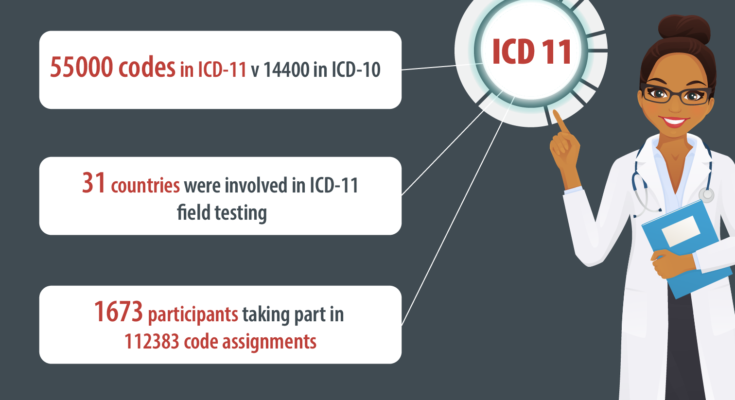
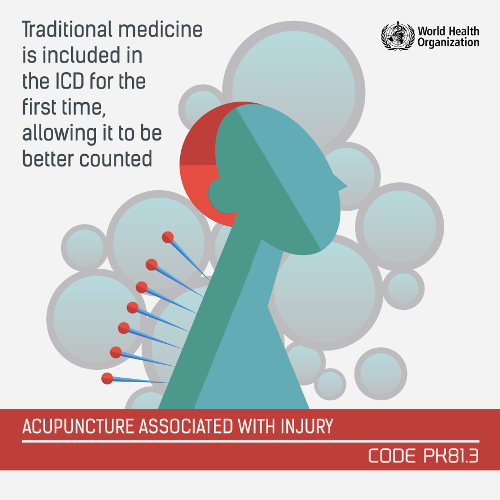
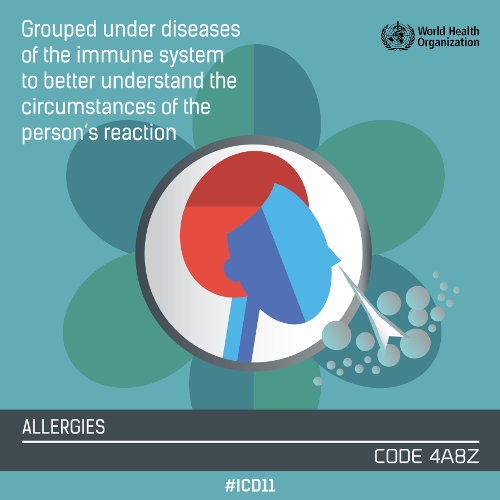
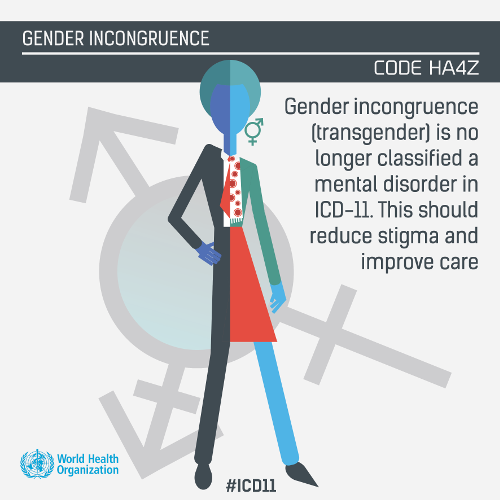
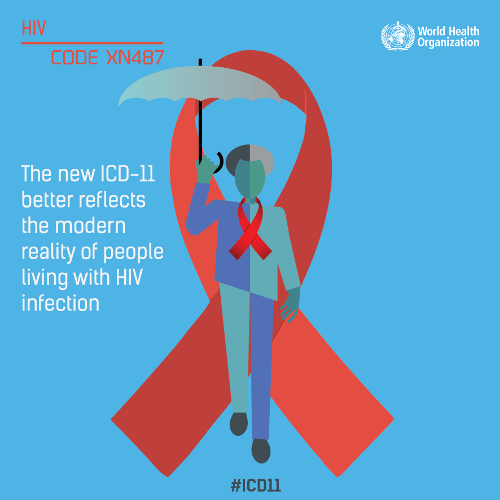
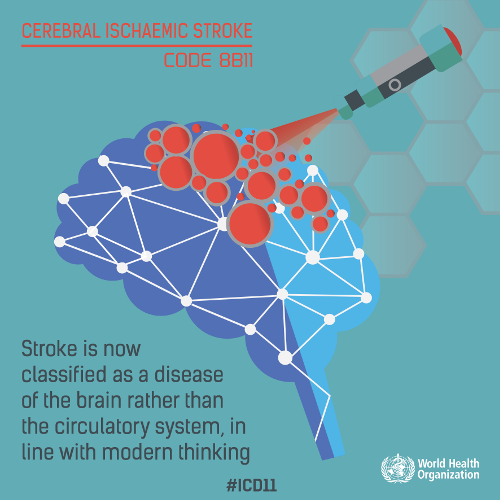
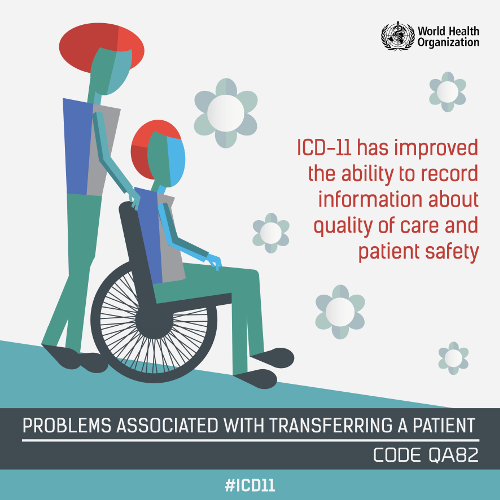
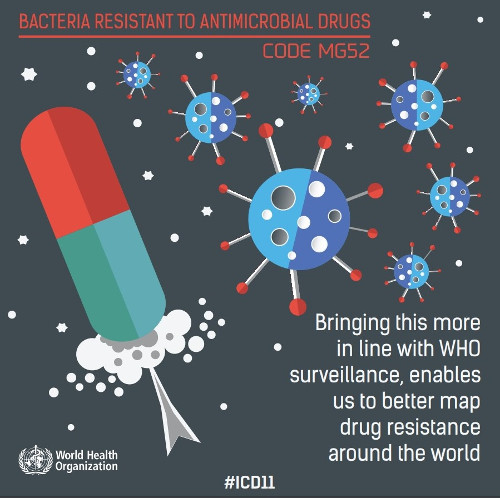
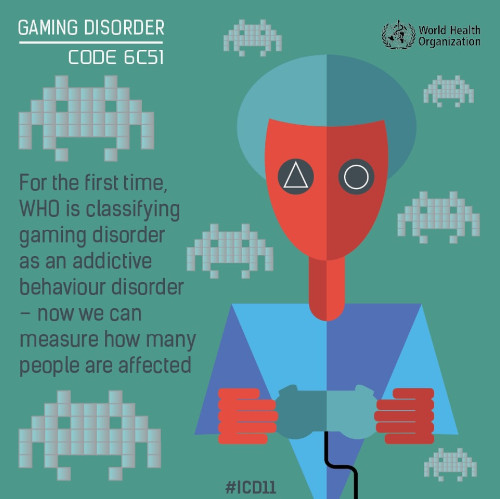
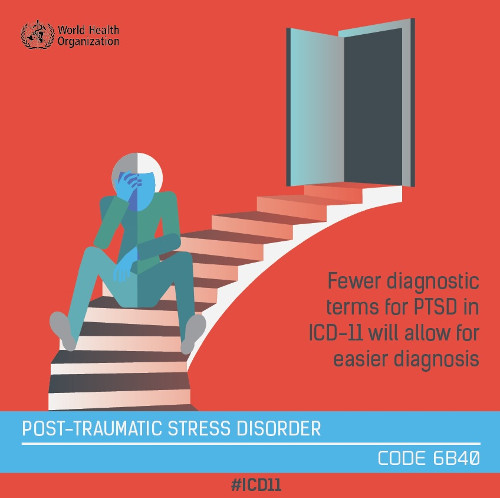



this is like guessing our death?